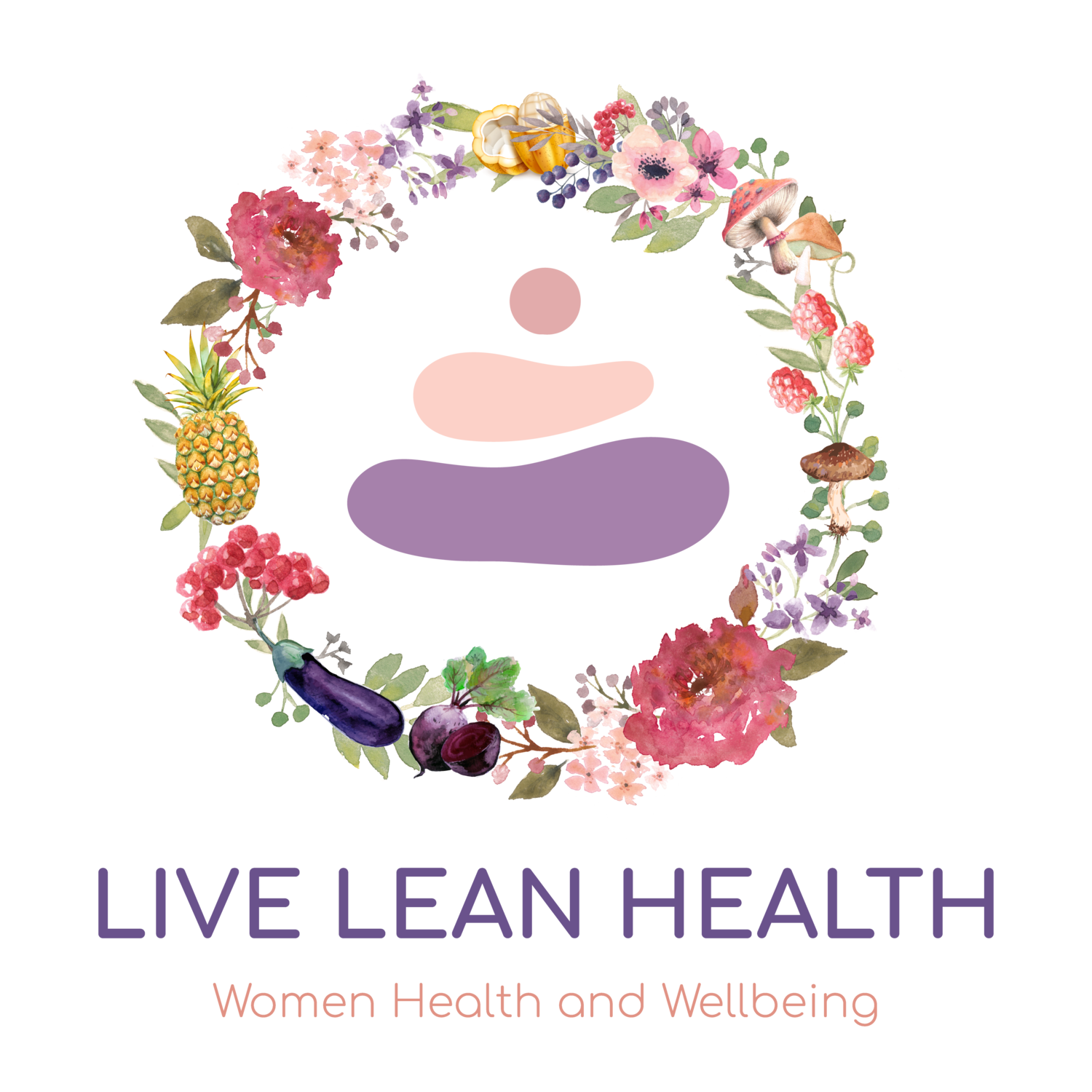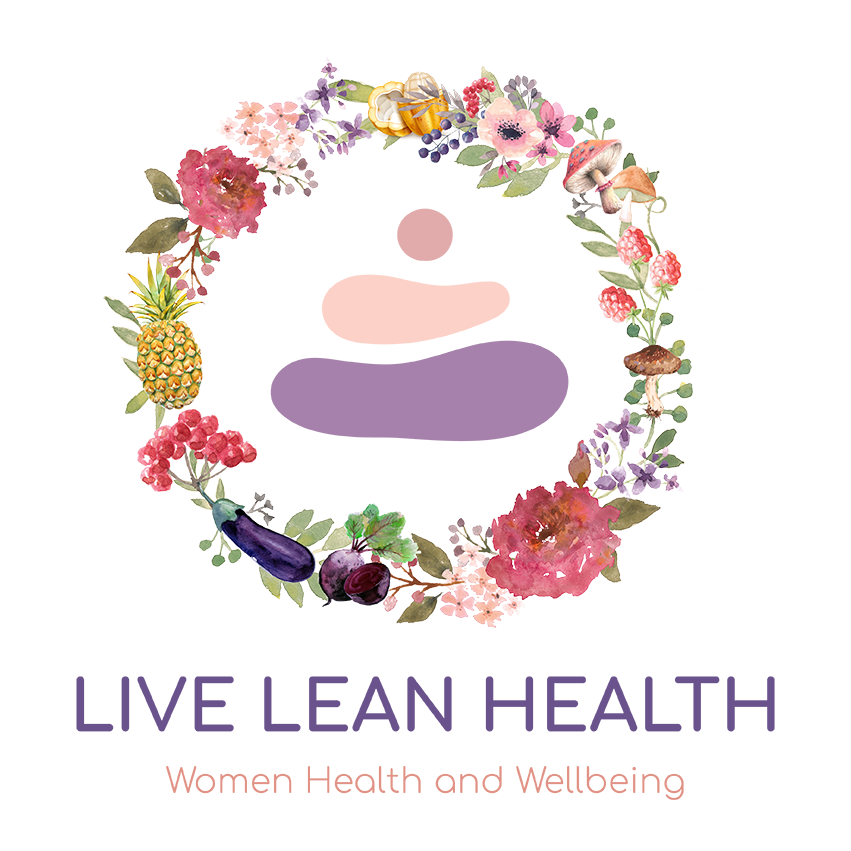Listen to your GUT
How many times have you heard the phrase “listen to your gut”? I surely did a lot, and I always thought it was “just a saying” for listening to your inner voice.
That is true, but there is more: The large intestine is a living eco-system that hosts trillions of bacteria! Fun fact: there are more bacteria in us than actual cells. (Source)
However, not all bacteria are friendly; some are quite naughty and they tend to cause common issues such as feeling bloated, gassy, sluggish and being irregular in our bowel movements. But even more than that, the balance between good and bad bacteria has a wider effect on our overall health, both physically and mentally. (Source)
A lot of people suffer from dysbiosis of the gut, which is an imbalance between the healthy and the harmful/opportunistic microbes . The bad bacteria can also enter the bloodstream through our gut wall if we suffer rom what is commonly known as “Leaky Gut”, or gut permeability, and create an array of issues by disrupting the normal functioning of our immune system. Research is now trying to also find a relationship between dysbiosis and autoimmune disease and it seems to be there. (Source)
It is therefore important to have a healthy gut.
According to Dr. Frank Lipman M.D, more than 70% of our immune system is in our gut, right behind our intestinal wall. Other experts, such as Donna Gates and Kathie M. Swift think that number even higher, at over 80%.
Another functional practitioner, Dr. Daniel Amen M.D., who is a trained psychiatrist and specialised in brain health, has been also on the forefront of the gut-brain axis before it became a popularly discussed topic, as is today. (Source)
I am personally a strong believer in the connection between gut and overall wellbeing, both physical and mental. Mostly because of my personal experience with it all.
I struggled with IBS for years and I didn’t even know, at the time, that my dietary choices were affecting my microbiome so much. Not until I opted for a Whole Food Plant Based Diet (WFPB) did I actually recognise the power of it all. When I started my journey into nutrition, fibre was surely acknowledged as a necessary dietary element to support digestive health, but we did not know the extend of its role as food for probiotics!
I know a lot of people struggle with IBS. To whatever degree they may be affected, it is a terrible ailment to deal with and so, I will share some tips for you to keep your gut healthy, support the good bacteria and get rid of the parasites that feed on you, while irritating your colon. The aim of this article is to create a basic, but clear level of understanding about probiotics and prebiotic, as well as lifestyle choices that can support them and your overall health.
Spring Clean your diet: Start with the basics! What you eat is extremely important, because aside from nutrients or GIT absorbs for the good functioning of our entire system, fiber is also food for our microbiome! Toss the junk and say hello to wholesome foods, full of prebiotics! Prebiotics are mostly fiber, and they are not digested by our body per se, but broken down by the gut microbiome. Insoluble fiber also serves as " resistance: for our gut muscles, to strengthen peristalsis (wave like movement that our gut muscles makes to help the villi push food along to the “exit” point). This does come with a caveat, however. For people suffering with ailments such s IBS, fiber needs to be introduced very carefully. Imagine moving from a standard western diet, void of probiotics, moving to a fiber fulled diet will cause issues. (Source). This is why , sadly, so many people think that plants don’t work for them. The truth is that, their guts are not used to probiotics and an overload causes them more issues with constipation and gas! It is unpleasant and we need to make sure we slowly introduce fibre into their diets; so that their colon can get used to working at it. It also takes time for bacteria varieties that would eat those probiotics to form. Most people have a very poorly populated microbiome because of their diet, so that change also needs mindfulness not to cause havoc. (Source)
Add fermented food: Fermented food like sauerkraut or kefir, are amazing! When fermented food is consumed, you are ingesting probiotics, aka, good bacteria. (Source). Sauerkraut is probably one of the most popular fermented foods here in Europe; it certainly became a “show stopper” around 2014. It is finely shredded cabbage that has been fermented by lactic acid bacteria. It is one of the oldest traditional foods and is popular in many countries, especially in Eastern Europe. It has a sour, salty taste and can be stored for months in an airtight container. In addition to its probiotic qualities, sauerkraut is rich in fiber as well as vitamins C and K. Sauerkraut also contains the antioxidants lutein and zeaxanthin, which are important for eye health. A lot of sauerkraut in stores can be pasteurised, which kills the live and active bacteria, so always aim to buy freshly preserved kraut, in the fridge. But they do sell raw sauerkraut and it is generally found in the fridges of stores. Here. little secret though, it is something very easy to make at home and it will save you a lot of money! Check this recipe out by Pick Up Limes.
Test for delayed food allergies and also try an elimination diet: Food intolerances are truly overlooked and though the consensus on allergy tests is not uniform, with holistic therapists believing that IgG and IgE testing is helping and gastroenterologists believing they are not, it truly does not hurt to check. Ultimately, we are either going to be shooting in the dark; with a simple elimination diet, or can at least have a sense of what may be causing issues. We know that our gut microbiome plays an important role in food allergies , because of their role in the support of our immune system, but more research is needed in terms of how food allergies effect our bacteria. I think it is a chicken and egg situation, however, we know for sure that our immune system works better when our microbiome is healthy; so food that can help the microbiome flourish and at the same time, not trigger an immune response, seems to be a safe bet. Knowing which foods may be triggering for us is a safe way to go about eliminating them… (Source)
Drink a lot of water: Water is a must, especially to “move things along in our gut. Water also serves as a way to hydrate our body and of course replace bad habits, such as sodas , which can have a negative effect on the microbiome too, because of the high sugar content preventing good bacteria from colonising our gut. (Source)
Possibly add in probiotics! Controversial, as there is not clear answer on whether or not probiotic supplements assist in replenishing the gut flora with the bacteria we need. Mostly because there are so many strains and not all are studied well. But the ones that are, could be beneficial. I honestly swear by Optibac , as they have helped me in my journey from dysbiosis to a healthy microbiome. But of course, as mentioned before, they did not do that alone!
Lifestyle is key: Lifestyle is one of the key components to a healthy gut! Have you ever gotten so stressed that you started having cramps and an incontrollable bowel movement? Stress contracts our digestive system and over-contraction creates unease and discomfort. The contractions sends a message that the gut is working hard, even if you have no food to get rid of at that time. It can also create inflammation and affect our energetics too. The Large intestine is connected to the gold element, which out of balance means we are draining our body with over attachments and inability to let go, creating more contractions in the body. With those energy draining reactions we affect our immune system and overall cleaning system of the body, like our lymphatic system, which can affect negatively, our microbiome! You can clearly see how important it is to look at our health holistically and understand that homeostasis is a conscious effort of mindfulness for all aspects of our lives. (Source: Energetic Health Volume 1- Page 34- Dr Henry Ealy)
We are not generally taught to pay attention to things we cannot see, or to connect the dots within our body. We are mostly bacteria, so we should definitely be paying attention to what bacteria is thriving within our body to support our wellbeing or challenge our system. We have a lot more power than we give ourselves credit for when it comes to our health, all we need is education and a guiding hand to get us on the right path.


